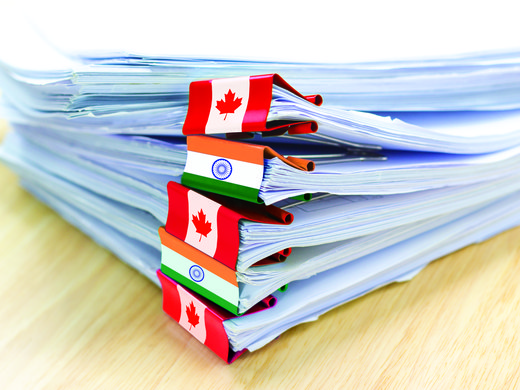First published at Triple Crisis.
It has been encouraging to see the promotion of an environmentally sustainable approach to agriculture and food security endorsed by three recent high-profile summits: the Rio +20 Conference and the G20 Leaders’ Summit this month, and the G8 Summit last month. But they did not offer up anywhere near the kind of public financial support, or the regulatory framework, required to implement it.
In L’Aquila in 2009, the G8 governments, later supported by the G20, pledged some $22 billion for agriculture and food security initiatives in developing countries over the 2009-12 period. But the ongoing economic crisis has prompted rich country governments to significantly scale back what they are now willing to commit.
Instead of promising to front the money themselves, they are promoting the idea of private sector investment in agriculture as a kind of panacea for sustainable food security for the developing world. Never mind that this is not exactly the path that the world’s rich countries themselves follow. The US Congress, for example, is on the brink of passing a new $1 trillion farm bill that includes some $22 billion in public funding for conservation measures over the next 10 years.
We are told that private investment in agriculture in the world’s poorest countries is the best avenue for promoting sustainable agriculture and food security. The G8’s New Alliance for Food Security and Nutrition calls on private actors to deliver much needed investment, with $3 billion initially pledged by major corporations (a paltry sum by comparison with the L’Aquila pledge). The focus on private sector investment has been heavily critiqued by civil society groups; its potential perils are covered well in a recent blog post by Tim Wise and Sophia Murphy.
Despite these critiques, the idea of the private sector as the savior to bring sustainable food and agriculture is alive and well in international policy circles. Just prior to the G20 and Rio+20 Summits, the UN Global Compact released a new report, Scaling Up: Global Food Security and Sustainable Agriculture, that outlines the role that the private sector can play. The report gives examples of sustainable agriculture initiatives that big business players are undertaking as part of their corporate social responsibility.
This enthusiasm for private investment in the sector was reflected in the official G20 and the Rio+20 outputs. Neither summit made any kind of concrete pledge for significant public investment for sustainable agriculture, and both called for greater private sector investment as a key vehicle for meeting this goal.
While governments at these gatherings were busy not pledging any significant amount of public funding, they were also busy not pledging any significant regulatory reforms that would support more sustainable agriculture and food security. More private investment in the sector does not substitute for much needed regulatory changes.
Over the past decade, investors have in fact already been pouring billions of dollars into the sector via agricultural commodity futures trading, commodity index funds, and agricultural and land investment funds. According to the World Development Movement in its recent report Broken Markets, speculative investment in agricultural commodity markets increased from $65 billion in 2006 to $126 billion in 2011.
Financial speculation in agricultural commodity markets contributes to and exacerbates food price volatility, affecting access to food and land for the world’s poorest people. Volatility in food prices drives up demand for farmland, which has spurred large-scale investments in land in developing countries by private actors. These investments often result in small holder displacement from their land, as well as land clearing for the production of industrially produced food crops and biofuels, with devastating impacts on climate, biodiversity and soils.
The rapid increase in private sector money channeled to the agricultural sector through financial investment funds has fed a vicious cycle of food price volatility, land grabbing, and biofuel investments whose negative ecological impact is significant. Regulations could address the root causes of the vicious cycle and prevent it from developing further. These could include: globally coordinated rules to limit speculative investments in agricultural commodity derivatives, policies that would reduce the trade-distorting incentives to invest in biofuels that are in place in many rich countries, and restrictions on the amount of land that private investors can snap up.
But instead of coordinated public regulation, we are told that voluntary measures championed by the private sector – responsible investment in commodity markets by financial institutions, the Roundtable on Sustainable Biofuels, and the Principles for Responsible Agricultural Investment - will be sufficient to take care of the environmental costs such investments might fuel.
The task of achieving sustainable agriculture and food security on a global scale is enormous. Meeting this challenge should be a collective international responsibility. It is not nearly enough to pledge relatively small amounts of investment from the private sector through targeted initiatives, while at the same time doing little to bolster public investment or halt the pernicious environmental effects of huge amounts of private financial investment already going into the agricultural sector in developing countries.


